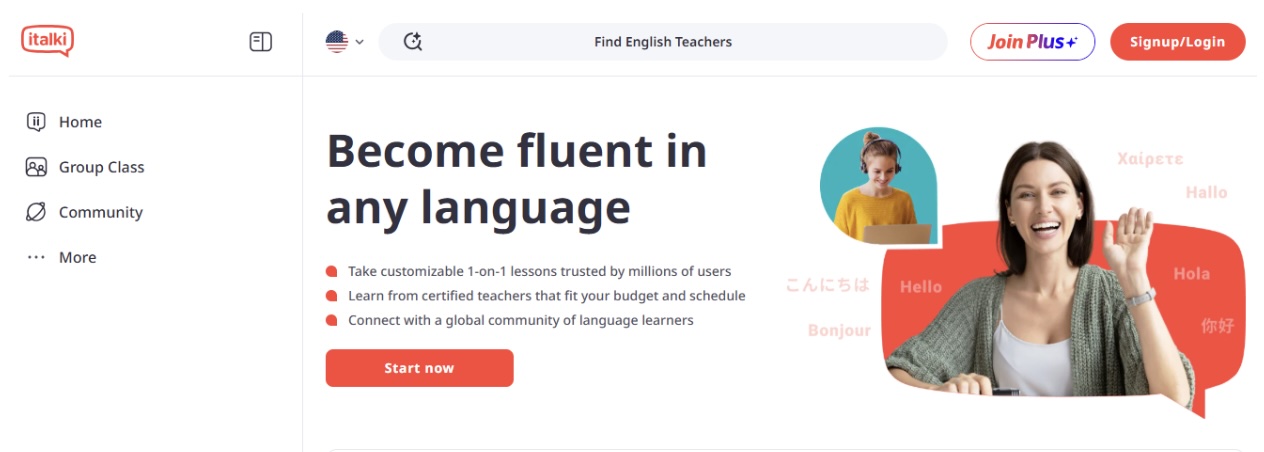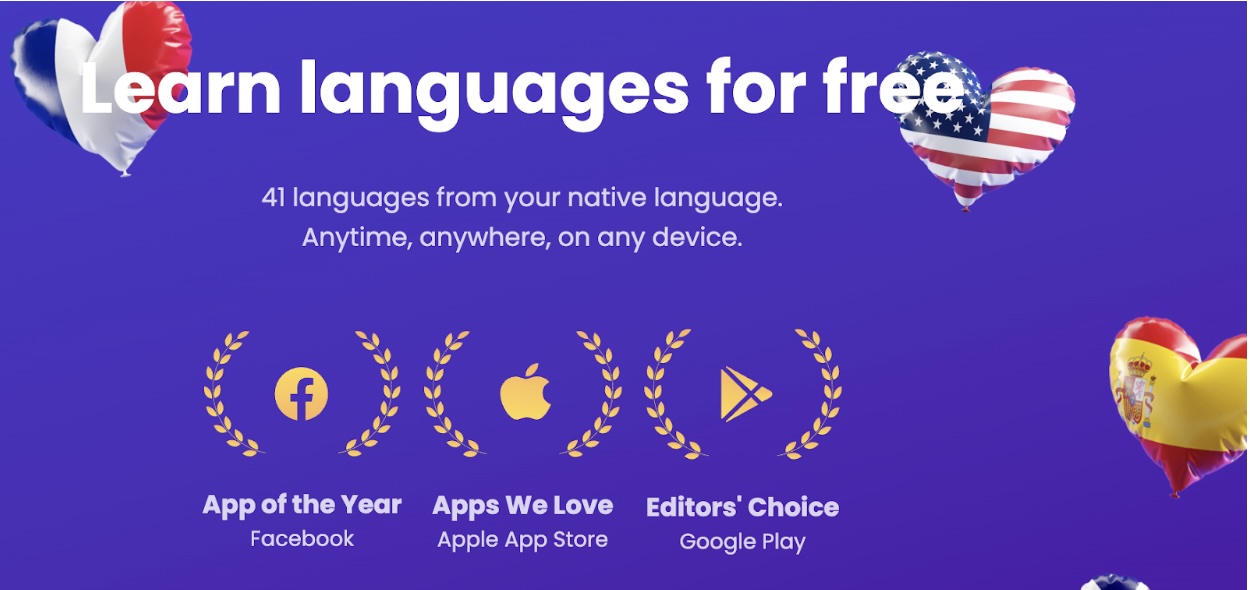Oct 08 (News On Japan) - Learning Japanese as a beginner feels a bit like standing at the foot of Mount Fuji — exciting, but a little daunting.
The unfamiliar characters, sentence patterns, and sounds can make those first steps tricky. Many eager learners lose motivation early on, not because they lack effort, but because they don’t have the right guidance. The truth is, finding a tutor who specializes in complete beginners can completely change how you experience the language.
The problem? There’s no shortage of tutoring websites claiming to have “expert instructors” or “customized lessons.” But when you’re just starting out, you don’t need advanced grammar drills — you need someone who can make the basics clear, practical, and even fun. That’s why we’ve rounded up five of the best platforms where beginners can find a Japanese tutor online. Each one offers a different path, but they all share one thing: they make learning Japanese less intimidating and more achievable.
Why Beginner-Friendly Tutors Make a Difference
A skilled tutor doesn’t just know Japanese — they know how to teach it to someone who’s brand new. That means pacing lessons thoughtfully, explaining clearly, and focusing on communication rather than perfection. For beginners, this support makes a world of difference.
The best beginner tutors start with what matters most: simple words, short phrases, and useful expressions you can use right away. They walk you through grammar one piece at a time, use examples that actually make sense, and correct mistakes without killing your confidence. Most importantly, they get you speaking from the first lesson — even if you only know a handful of words. When you learn with someone who understands how beginners think, the process feels less like memorization and more like discovery.
How We Chose These Platforms
To create this list, we looked at what truly helps beginners progress, not just what looks good on paper. We compared dozens of websites and weighed five main factors:
- Ease of finding beginner tutors: Can you quickly locate teachers who specialize in helping newcomers?
- Trial lessons: Are there free or affordable trial options to test the waters?
- Transparent pricing: Is it clear what lessons cost before you book?
- Extra learning support: Are there beginner tools like study notes, pronunciation guides, or lesson materials?
- User experience: Is the site reliable, intuitive, and easy to use for first-time learners?
After evaluating all these points, five platforms consistently stood out for their strong beginner focus: italki, FluentU, The LingQ, Clozemaster, and Mondly.
1. italki — Live, Personalized Lessons
If you’ve ever searched for a Japanese tutor online, you’ve probably seen italki — and for good reason. It’s one of the largest global tutoring platforms, connecting students directly with professional teachers and community tutors from Japan. For beginners, this is pure gold. You can hear authentic pronunciation, learn natural expressions, and start speaking from day one — all with a teacher who tailors lessons to your exact level.

On italki, you can filter tutors who specifically teach beginners. Every profile includes a video introduction, so you can preview the tutor’s accent, energy, and teaching approach before booking. Many tutors use beginner-friendly materials such as Genki or Minna no Nihongo, helping you ease into grammar and reading without pressure.
Lessons are flexible and affordable — most range between £6 and £20 per hour, with discounted trials available. The platform’s “pay-per-lesson” model means you only pay for classes you actually take. For anyone starting from zero, italki is hands down the best place to find your first Japanese tutor — it’s accessible, engaging, and gives you a genuine human connection that apps can’t replicate.
2. FluentU — Learn Japanese Through Real Media
FluentU takes a refreshing approach to language learning by turning authentic Japanese videos — like interviews, commercials, and movie clips — into interactive lessons. It’s an ideal complement for beginners who want to balance live tutoring with self-study.

The platform helps you learn naturally by showing Japanese as it’s really spoken. You can watch short clips with interactive subtitles, tap any word for its meaning, and review vocabulary through built-in quizzes. For beginners, FluentU’s “Japanese Pathways” organize lessons into manageable units, helping you move from understanding simple words to short dialogues.
FluentU isn’t a tutoring site in the traditional sense, but it supports tutoring perfectly. You can watch real Japanese videos between your live lessons, then discuss what you’ve learned with your tutor later. It’s immersive, intuitive, and a great way to train your ear to understand native speech.
Trial: 14-day free trial
Pricing: Subscription-based
3. The LingQ — Self-Study Meets Tutoring
The LingQ blends structured learning with real content. It allows you to study Japanese through stories, podcasts, and texts while also connecting with tutors for feedback. The system automatically tracks new words and creates personalized review lists — which is perfect for beginners who like a bit of independence but still want guidance.

New learners can start with beginner-friendly courses that include both audio and text, so you learn pronunciation and reading together. The interface highlights unfamiliar words and stores them for later review, creating a natural learning rhythm. There’s also a community of fellow learners and tutors who can help answer questions and keep you motivated.
Free Access: Starter plan
Premium Features: Subscription adds tutoring and advanced tools
4. Clozemaster — Vocabulary in Context
While Clozemaster isn’t a tutoring platform per se, it’s an excellent companion for anyone taking lessons. It helps you learn vocabulary through real Japanese sentences instead of isolated words. This approach builds understanding in context — a key step for beginners trying to make sense of how grammar and words fit together.

You’ll see Japanese sentences with one missing word and choose the right one to complete it, turning vocabulary drills into a kind of game. It’s fun, fast, and surprisingly effective. Beginners can follow the “Fluency Fast Track,” which focuses on essential words and structures.
Clozemaster is best used alongside live tutoring — for example, use it between your italki lessons to reinforce what you’ve learned.
Access: Free, with optional premium upgrades
5. Mondly — Fun, Interactive Lessons
If you prefer short, engaging lessons you can fit into a busy schedule, Mondly is a great pick. It offers bite-sized, gamified lessons that mix visuals, audio, and speech recognition to help you build a foundation in Japanese.

Beginners can start with easy topics like greetings, travel phrases, and everyday vocabulary. The app’s voice-recognition feature helps you practice pronunciation, while the repetition system makes sure you actually retain what you learn. Mondly’s friendly interface and colorful visuals make studying Japanese feel more like a game than a chore — a big plus if you tend to lose focus easily.
Trial: Free lessons available
Pricing: Subscription-based
Choosing the Right Platform
When selecting your first Japanese tutor or learning site, think about what type of learner you are. Do you prefer live conversation or quiet self-study? Do you learn best with structure or flexibility? Beginners often benefit most from combining one live tutoring site (like italki) with a supplemental study tool (like FluentU or Mondly) to balance speaking, listening, and comprehension.
Here’s a quick strategy: start with one or two lessons a week on italki to build your speaking foundation. Then, use apps like FluentU or Clozemaster between sessions to keep the momentum going. That steady mix of live interaction and self-study practice keeps you improving without burnout.
Final Thoughts
Finding your first Japanese tutor doesn’t need to feel overwhelming. Once you start with the right tools, progress comes much faster than you’d expect. Of all the options available, italki remains the strongest choice for beginners — it offers real human connection, flexible pricing, and teachers who genuinely understand how to guide new learners.
Meanwhile, FluentU and The LingQ strengthen comprehension, while Clozemaster and Mondly keep things engaging and help with vocabulary retention. Try a trial class on italki this week, pair it with a self-study app that fits your lifestyle, and start your Japanese journey with confidence. The first step is always the hardest — but with the right tutor, it becomes the most exciting one too.















